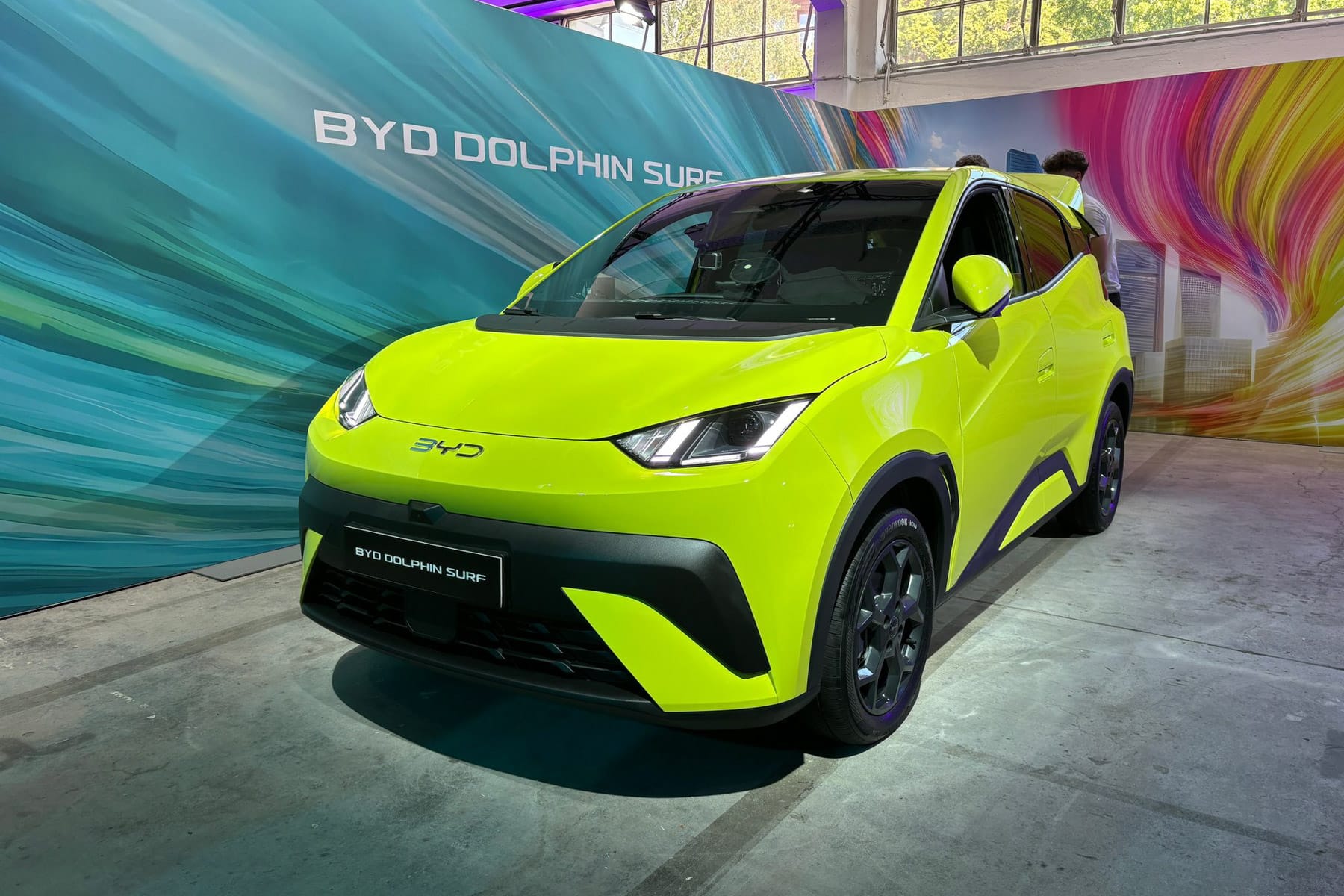🚀 TechCabal Daily: Standard Bank Sets the Stage for a Revolutionary Takeover!


The surge of interest from top electric vehicle (EV) manufacturers in South Africa has captured attention well beyond the continent. This growing enthusiasm marks a significant turning point for Africa, a region traditionally sidelined in the EV revolution due to infrastructural challenges. Forward-thinking companies with a strategic outlook on Africa are prioritizing the establishment of dependable charging networks before addressing other hurdles.
Recent developments: On Thursday, BYD, a leading Chinese EV manufacturer, revealed plans to roll out a 1-megawatt (MW) electric vehicle charging infrastructure across South Africa by 2026. This initiative will create the nation’s most extensive charging network, capable of powering multiple vehicles to cover roughly 400 kilometers within a mere five minutes, according to BYD’s executive vice president, Stella Li. The rollout is slated to begin in Q2 2026, initially focusing on BYD dealerships before expanding to major highways and urban centers.
Context and significance: This move complements BYD’s growing presence in South Africa, underscored by the September launch of its compact EV, the Dolphin Surf, and a strategic partnership with Eskom, the country’s primary electricity supplier, aimed at accelerating electric mobility adoption. The charging stations will harness a hybrid energy approach, combining grid electricity with solar power, ensuring accessibility even in less developed areas.
Why this is crucial: BYD’s investment has the potential to fast-track South Africa’s transition to electric vehicles more rapidly than current governmental efforts. Despite steep import tariffs that have kept EV prices high, the expansion of charging infrastructure could prompt regulators to reconsider policies and challenge traditional automakers who have been slow to adopt electrification.
Broader perspective: BYD’s strategy is rooted in the belief that a robust charging network will stimulate consumer demand, even in the absence of strong policy incentives. South Africa, as Africa’s largest automotive market, serves as a testing ground before BYD extends similar infrastructure projects to other African nations like Kenya and Nigeria, where the company already maintains operations.








Leave a Reply